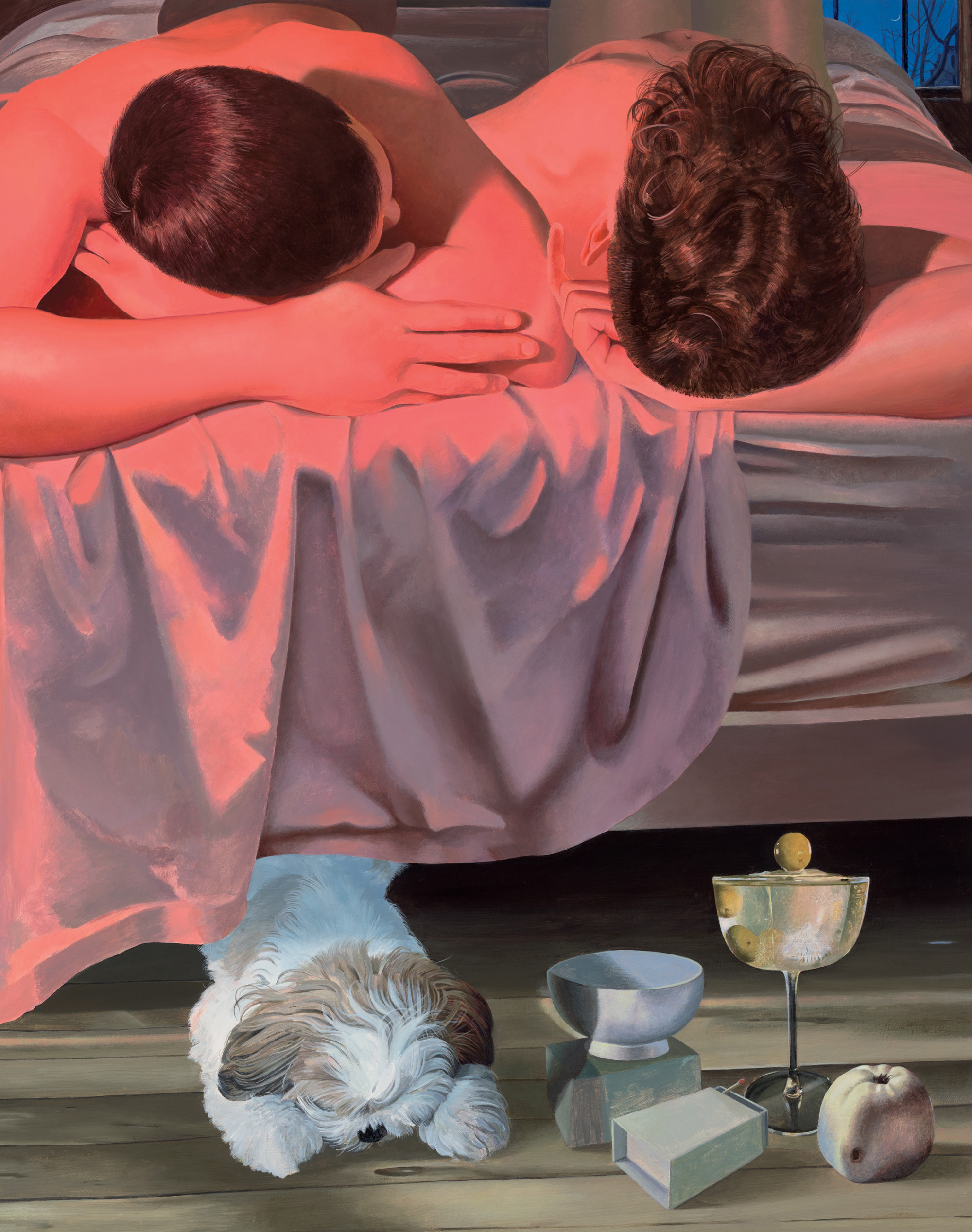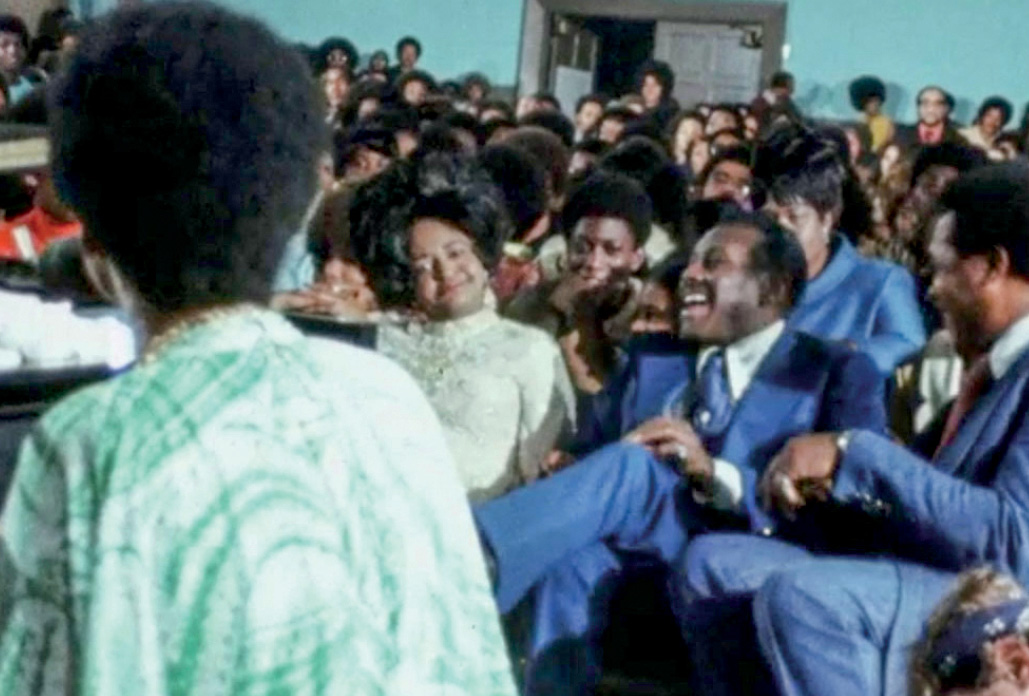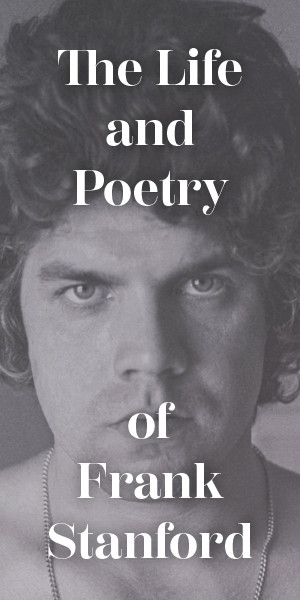Never Walk Alone
Aretha Franklin's gospel as heartache's balm
By Noah T. Britton

A Night Off, 2023, acrylic on panel, 30" x 24", by Kyle Dunn. Courtesy the artist and P·P·O·W, New York.
I remember the song he played the first time he kissed me, which we recorded and sent to each other any time we heard its love vows straining through a crowd or the span of a street. How he set his alarm early to hold me in that golden light, the soft velvet of our semi-consciousness. I loved the pressure of his teeth, the days when kissing and smiling were the same act, the rhythm of his laughter on my lips.
This tenderness lived alongside a muted hurt, and during our months together, I stretched between extremes until I reached a thinned stasis. I cataloged the good the same way I did his razor and toothbrush and the pair of shoes he left at my place, proof of his commitment. Archived all those texts. Let the ashes from his joints gather on my nightstand, grit in the fabric and human mess of my bedsheets. All these little altars to a love I could never fully believe in, even as I tried to convince myself of us.
Piano rumbles like thunder, high notes scatter like lightning, and I marveled at the ways I’d made a home out of the storm. Aretha Franklin stirred the ache I’d buried with “You’ll Never Walk Alone,” cast it against the gospel’s measure of divine love. She promised the kind of refuge I’d hoped to find in the spaces where he drew out my name, all vowels, the corners of his mouth upturned. When I didn’t yet want better, the song sized up this chaos, asked me about myself through the wind and rain.
From the pulpit of New Temple Missionary Baptist Church, the Reverend James Cleveland introduced “one of the greatest sounds in the world…the sound of gospel.” Miss Aretha Franklin appeared, backlit and shimmering as if she were heaven-sent, and the crowd reached for her the way they might the hem of Jesus’s robe, desperate for healing.
I wonder what solace Franklin found in another preacher’s kid when she split the veil with Marvin Gaye’s “Wholy Holy.” Gaye, who’d fled his father’s D.C. church to sing about love, which sometimes meant singing about God and sometimes the women he slept with, often confusing the two. Who, at that time, was breaking with Motown’s dulcet grip with an LP that paired self-styled hymns with dirges on war and violence, going on to scale Billboard’s pop, soul, and Hot 100 charts. “Wholy Holy” eases the mounting tempo of What’s Going On, unfolds with the slow-burn hope that might have sustained Gaye through his brother’s accounts of Vietnam, through the shattering loss of his music partner, Tammi Terrell, to cancer. Gaye takes stock of the loss around him and sees its magnitude reflected in a distant God. Even as he reclaims his sound, the Prince of Soul can’t shake the gospel in his music or his conscience; in every way he is looking for a father’s love.
Aretha Franklin’s rendition of “Wholy Holy” climbs where Gaye’s coasts. It was praise that preceded the altar call of “You’ll Never Walk Alone,” itself a cover of a 1945 Broadway hit written by Richard Rodgers and Oscar Hammerstein II, the same duo behind Oklahoma! and The Sound of Music. Kentucky native Christine Johnson debuted the song as Nettie Fowler in Carousel, garnering a Tony nomination for her performance as the aunt of a lovelorn Julie Jordan (Jan Clayton).
Johnson’s original recording of “You’ll Never Walk Alone” sits in the aftermath of violence as Jordan mourns the man who beat her, a man she loved against all reason. Franklin takes the laic sweetness of the original and teases it toward triumph. Still, she leads with the conviction of her humanity, Lady and Sister Soul beside the church howls of her origins. There’s the echo of 1968’s “Ain’t No Way” in her opening trinity of words, When you walk stretched out like a sleepless night.
Franklin accompanies herself on piano for the song’s first half, resting on the tenor of her testimony as she conjures a storm. She revels in her chest voice here, deep in your ear with a shared truth, before she draws back, the sage vantage of her falsetto. The full range of her register allows for the intimacy the song promises, you’ll never walk alone in the way Franklin’s voice is both beside and before you. Although your dreams be tossed / I know sometimes they get tossed. And maybe Franklin does know what it means to imagine waking up to someone, to linger in early morning innocence at the expense of nighttime hurt. Franklin resisted any public comment on the reports of abuse that trailed her seven-year marriage to Ted White, and I want to preserve any peace she cultivated through her chosen silence. There’s a willful tenderness in the whisper that shapes those first few lines, a sound that draws your gaze upward at the same time it expels some deep place.
“You’ll Never Walk Alone” is the hard-earned rejoinder to Franklin’s earlier tracks on heartbreak. It’s the grandeur of a ballad skewed testimony, witness to the more corrosive grief of staying, of being stuck. Franklin sings with the sureness of the other side of sorrow, churched in the way she wants you to trust what the narrator in many of her prior songs couldn’t. As she promises golden skies, Franklin imbues the word with an airiness that comes like sweet relief, doubles back in case you don’t believe her. Gospel’s constancy becomes a backdrop for the kind of love that brings you to the edge of yourself, the rupture lamented in standard ballads. Maybe this is what I resisted in songs that lingered in anguish, contoured by the easy before-and-after of a break-up: I anticipated the sadness about which they were singing, knew it in the ways I mourned this new distance from myself. The psychic split of our time together, when I wanted him despite.
Franklin meets us at our lowest and guides us back to this promise of God’s love, a template for care that soothes and sustains. What I needed was this assurance of a hope I could not yet feel, the conviction of someone who had seen new life spring from the certainty of loss—gospel’s trademark, as it was for Gaye. And what is a ballad if not this story of grief? Something has died; the Gospel says something can be resurrected.
When she finally hits the climax, singing Walk on, it’s with all the dramatics of the resurrection story, the impossibility of someone literally walking from an empty grave. It comes just past the song’s halfway mark—the eye of the storm, when you’ve seen enough of the wreckage to know that the worst is not yet behind you. It’s the few seconds of clarity, the startling awareness of I can’t do this anymore, a shaky first stand.
The choir joins Franklin for the first time since the song’s intro, and you feel those angels right beside you. The audience claps, compelled to their feet with a strength you remember, and the band begins its percussive testimony, organ splayed in the background. Gospel’s call-and-response, absent in the original, makes heavenly host and witness of the chorus; everywhere you turn, what felt like loss is already filled with the sound of victory, a collective overcoming.

A still from Amazing Grace, 2018 © Neon. Courtesy Everett Collection Visit the Country Music Capital of East Kentucky.
The song’s back end meets crescendo with moments of quiet, and there’s grace in the way Franklin’s production mirrors the variance of grief, feigns an end before she rallies once more against the days when a blur of dark hair can still knock me over on the bus. When the doubt accumulated over our months together blurs reality. “Contemplating death…leads me back to love,” bell hooks writes, and there’s labor in deciding what it means to love and be loved in the face of something that has fallen short. Maybe this is the faith Franklin sings about: the bravery of returning to yourself, of finally acknowledging a broken thing and wanting better. We work toward conviction along the way, she reminds us, in the mere act of moving forward.
When Aretha Franklin sings about a storm, I understand the static rain of this confusion. When the clouds press in, gray and dense, and you lose all sense of self, can’t see the hand held out in front of you.
I’m writing in the kitchen next to flowers that we picked out for my new place, which he had started to call “our apartment.” In the couple of months I’ve been here, they have already died and begun to sprout new blooms, bright petals there next to their faded kin. In pictures I’ve seen of him since I left, he looks different somehow—more human—and I think this is the world coming into sharper focus.
I can feel the sun through the window, can see couples on the street below sweating and swaying like you do in August heat. There are clouds on the horizon, where I imagine they will linger for a while, and I take in the newness of their shape from this angle, all these signs of life around me.
I take a step, and I take another step.
Listen to “Church Girl,” a playlist by Noah T. Britton, while you read.




